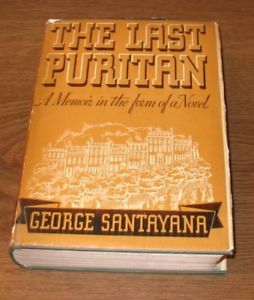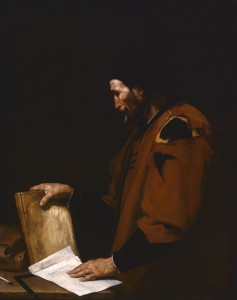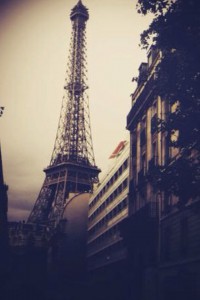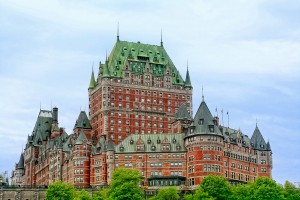 To John Hall Wheelock
To John Hall Wheelock
C/o Brown Shipley & Co
123, Pall Mall, London, S.W.1
Cortina, Italy. July 1, 1935
It is inevitable that there should be different circumstances in business in different countries, and even a different spirit, and I wish to leave the matter of royalties, in the case of The Last Puritan as in that of all my other books, entirely to your judgement. I note that you think it might be possible to increase the royalty to 15% after the sale of 7,500 copies, if it should ever come to that, which I don’t expect. Meantime the important point is that you should feel able to offer the book at $2.50, which seems a very moderate price nowadays for so long a work, and I hope that this price, and the appearance of being a novel, will lead a good many people to buy and to read it, who haven’t meddled yet with my philosophy. They will get the pill here gilded by cheapness and some jokes. . . . .
I also note with pleasure that you suggest publishing Obiter Scripta in the autumn of 1936. That is not a long delay, and little more than would be needed to put the book through the press. I think Mr. Buchler and Mr Schwartz, as well as I, have every reason to be satisfied with that prospect. You may make your arrangements entirely with them, as I have done all that concerns me in the matter.
From The Letters of George Santayana: Book Five, 1933-1936. Cambridge, MA: The MIT Press, 2003.
Location of manuscript: Department of Rare Books and Special Collections, Princeton University Libraries, Princeton NJ

 To John W. Yolton
To John W. Yolton
 To John Hall Wheelock
To John Hall Wheelock To Guy Murchie
To Guy Murchie